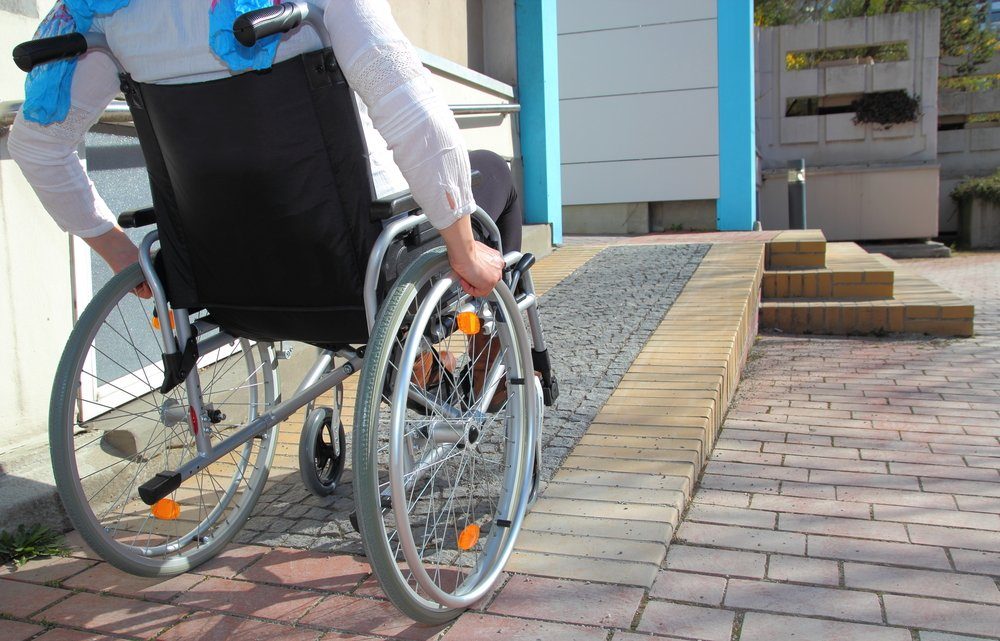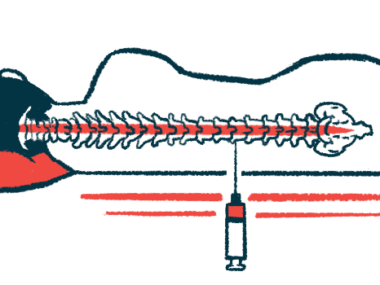The Trials and Tribulations of Leaving My House
Written by |

Recently, I had a full day of appointments in the city. It takes two and a half hours to travel there, and leaving my house for that long is a challenge.
Days like these make me miss when all my doctors were at the children’s hospital. Back then, all my appointments were collected into one clinic day. I’d be there at 8 a.m., and I would usually leave by noon.
Apparently, adults don’t get that luxury. Now I have specialists scattered all over town, and I can hardly ever make multiple appointments in one trip.
This time, I was incredibly lucky to make three appointments for one day: one to fix my accessible vehicle, one for my chair, and a regular appointment for my lungs.
It was an interesting trip to say the least, considering we had to drive across the city three times, roughly 40 minutes in each direction.
Overnight challenge
The first and longest appointment started at 9 a.m. We (my mom, my sister, and I) decided to go to the city the night before and stay over so that we wouldn’t have to leave our house at 6 a.m.
My mom has a bad back, and staying overnight means someone has to lift me for transfer, rather than use the electric lift and sling. The lifting caused her back to flare up even more. It also means an interesting bathroom break because we can’t bring a commode along.
Shopping and staring
When we arrived that evening, we went and did a bit of shopping. We thought we would be quick and efficient. We had some fun, but we weren’t quick or efficient.
When we are in public, I’m fairly noticeable. With my big, awkward wheelchair, I stick out like a sore thumb. Some people stare. They stare so long and unabashedly it’s like you’re an animal in a zoo. Gazes follow me like they’ve never even seen a wheelchair.
Kids I understand. When they stare, it’s because they are genuinely curious. And curiosity is good. Adults stare because I am an oddity. A rare few have asked me, or allowed their children to ask me, what happened. I love that! I like when they want to know.
Navigating reactions
Some people will very purposefully not look you in the eyes.
I know that I’m sounding really picky here: Why are people looking at me? Why are people not looking at me?
But it’s not like that. You can tell when people do not want you in their line of sight. They avoid looking so hard that they actually run into you. And then they become offended that they tripped over you.
When I was in my electric wheelchair, I would weave in and out of gaps between people, but this is incredibly tiresome for my hands. Driving straight is a lot easier than playing “pass the people.” I never want to accidentally hurt someone.
My mom always told me, “People will either move for you or they will learn to move.”
Now that my mom has to push me, we live by this sentiment. With her bad back, she can’t twist me around to avoid others without hurting herself.
And so, others will move or they will learn to move.
Avoiding embarrassment
When people stare — looking, but not actually seeing you as a person — you get the oddest punch of embarrassment. It’s embarrassment not for who you are, but what you are: disabled, and therefore not like the others.
This is a feeling that I have grown away from. As many times as I would have happily became a hermit, my mom just dragged my rear end out of the house and wouldn’t let me. That’s probably a good idea.
Even with three appointments and a lot of driving back and forth, ultimately we had a good time, so the trip was a success. We — my mom with a bad back, my sister with a blood clot, and I with nothing that works well (except for my brain, but that only works with caffeine intake) — survived.
***
Note: SMA News Today is strictly a news and information website about the disease. It does not provide medical advice, diagnosis, or treatment. This content is not intended to be a substitute for professional medical advice, diagnosis, or treatment. Always seek the advice of your physician or other qualified health provider with any questions you may have regarding a medical condition. Never disregard professional medical advice or delay in seeking it because of something you have read on this website. The opinions expressed in this column are not those of SMA News Today, or its parent company, Bionews Services, and are intended to spark discussion about issues pertaining to spinal muscular atrophy.




Leave a comment
Fill in the required fields to post. Your email address will not be published.